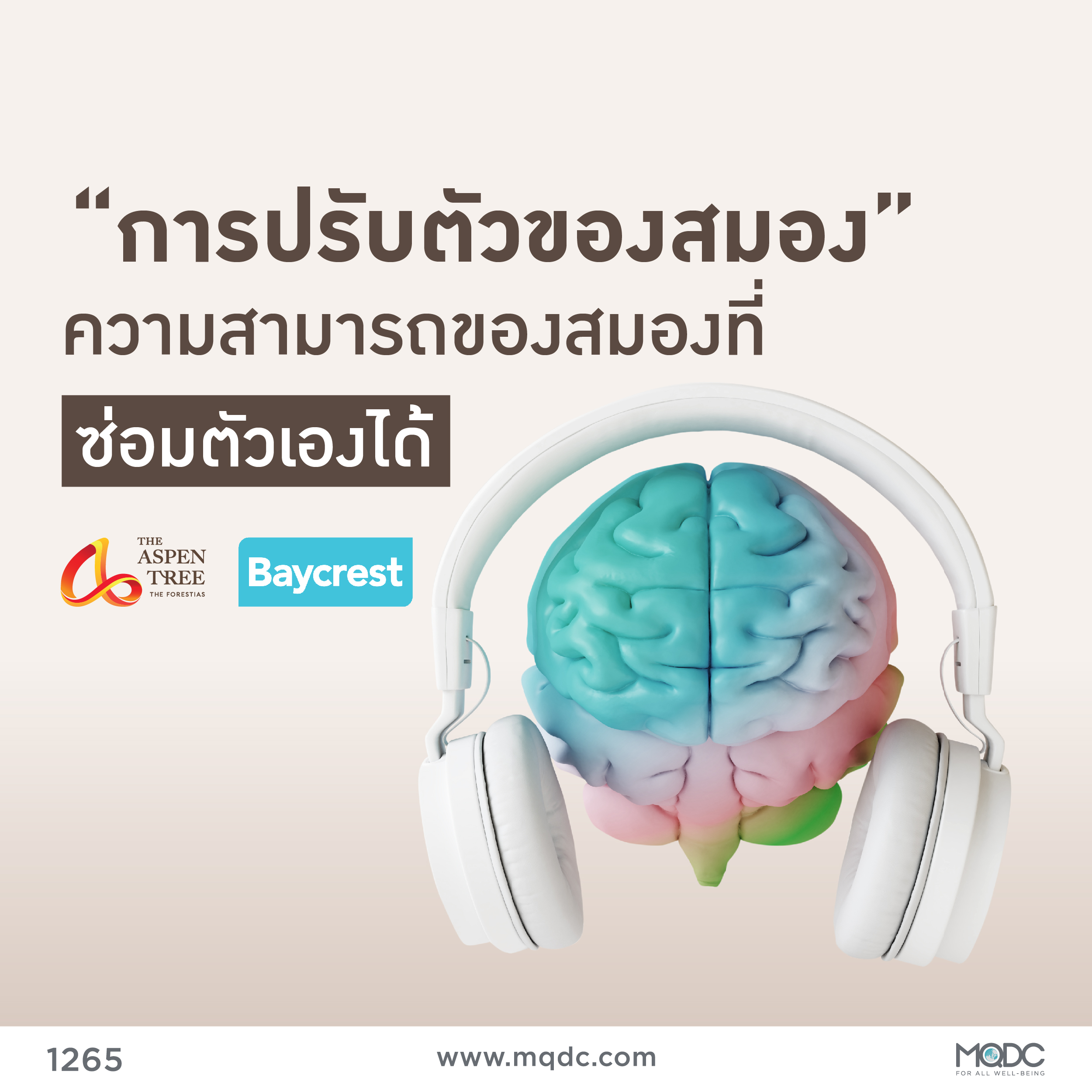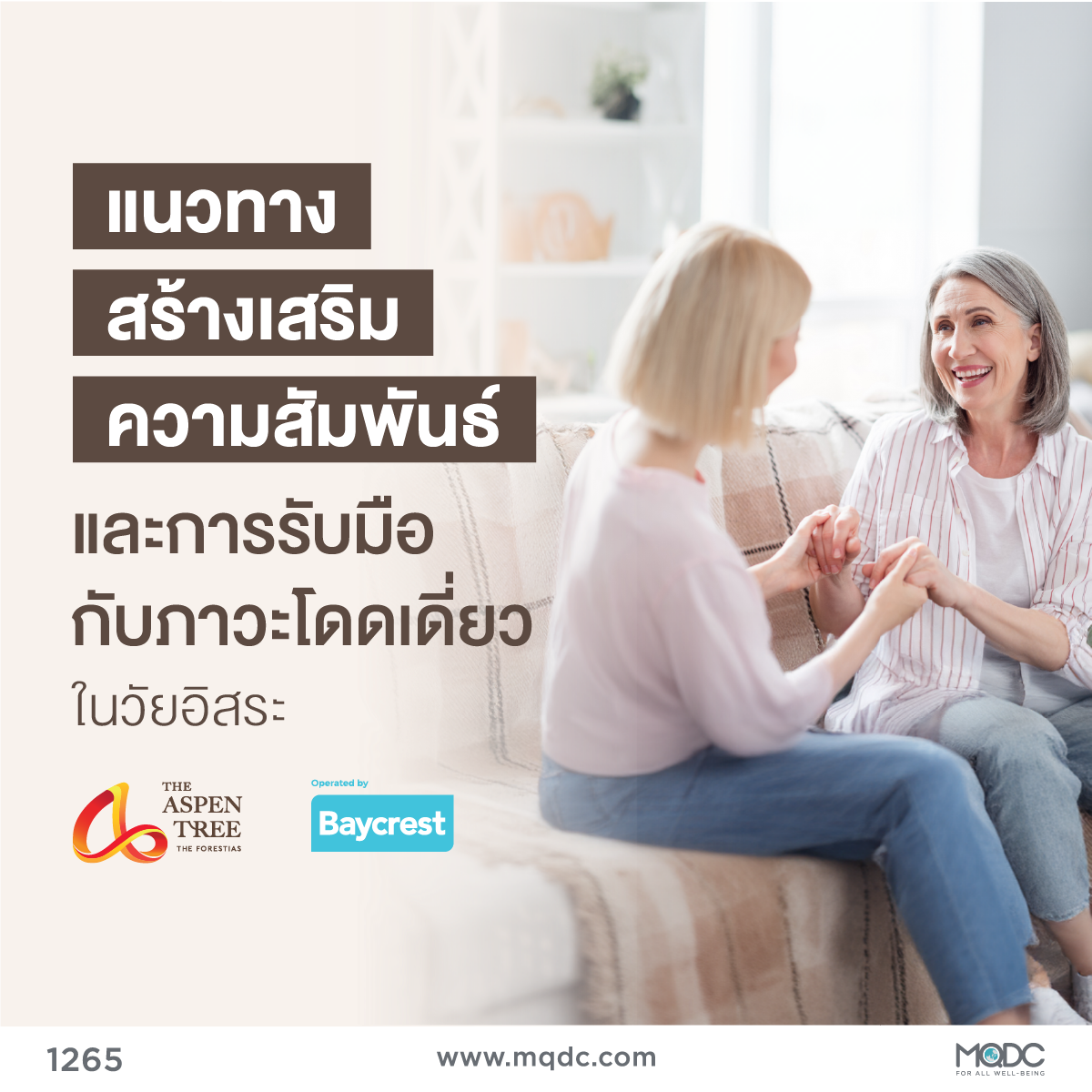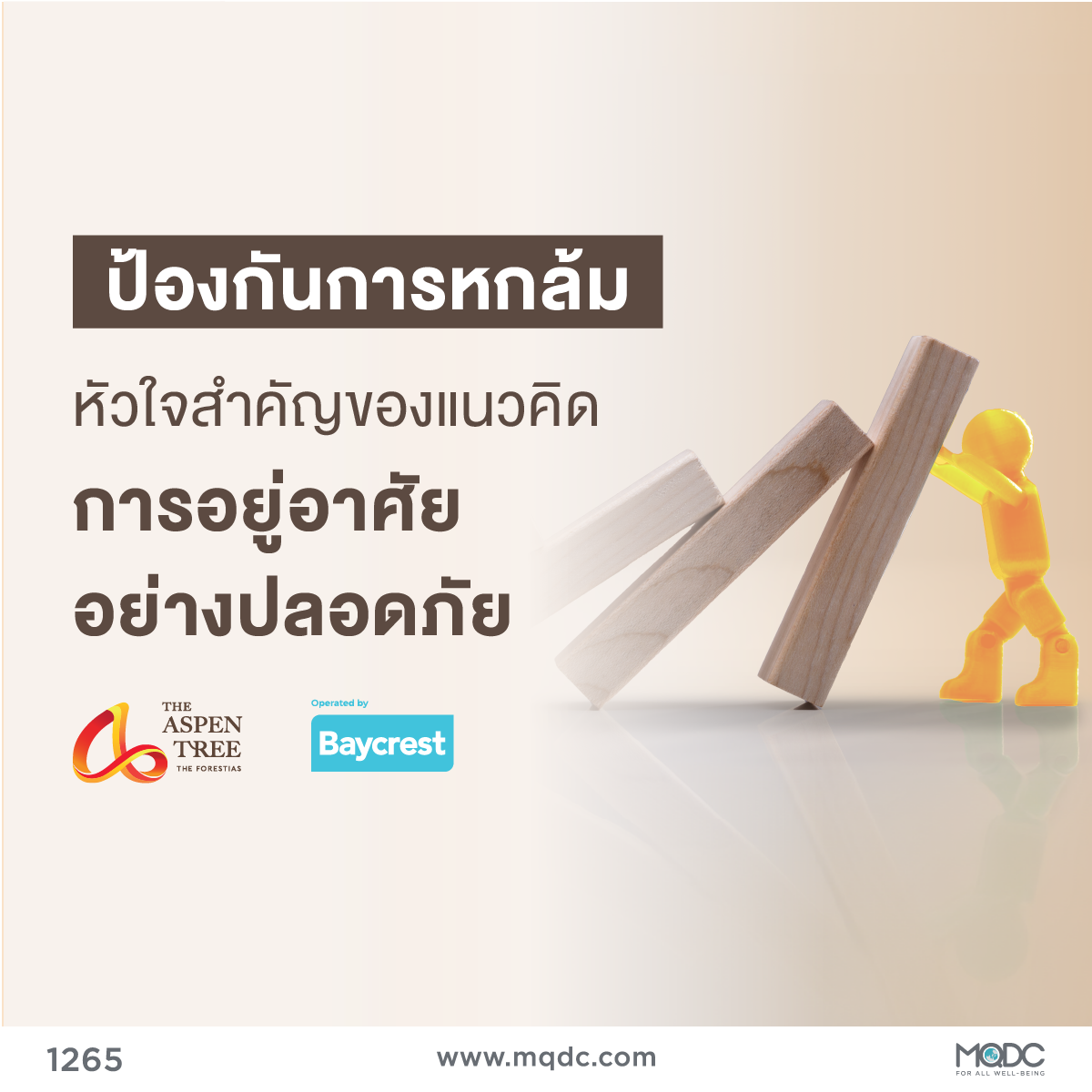The brain is a vital organ that controls all your body’s systems. But it’s also special in its ability to adapt itself. This neuroplasticity maintains maximum brain function to overcome brain injury or damage. Studying this mechanism can show us how to develop brain-boosting activities or better treat the brain in various disease conditions.
What Is Neuroplasticity? How Is It Helpful?
The brain has the extraordinary ability to “rewire” and adapt to new circumstances, known as
neuroplasticity. For example, when a person suffers from a stroke, certain parts of the brain may be damaged and no longer able to function. Stroke survivors may lose their ability to communicate or it may impact their ability to move. Through rehabilitation with a speech language pathologist or a physical therapist, individuals may relearn how to do these tasks over time. The ability to perform these tasks again, despite brain damage, is an example of neuroplasticity, says Dr. Jed Meltzer, scientist at Baycrest’s Rotman Research Institute (RRI) and Canada Research Chair in Interventional Cognitive Neuroscience.
“Certain areas of the brain are designated to handle specific tasks. For example, the left hemisphere is responsible for movement in the right side of the body and vice versa,” says Dr. Meltzer. “During a stroke, the brain’s initial neural pathways, which are used to communicate to other parts of the body, can become so damaged that they are no longer usable, leading to a loss of abilities. Research has shown that the brain is able to develop alternative pathways or ‘rewire’ itself to restore some function.”
To create brain rehabilitation programs, researchers are exploring training methods that allow them to harness this neuroplasticity.
How Music Helps Stroke Victims Recover
Previous studies have found that patients have benefited from the use of music in stroke rehabilitation programs. A better understanding of how the brain is impacted by these therapies could lead to more effective rehabilitation programs.
“Music has been known to have beneficial effects on the brain, but there has been limited
understanding into what about music makes a difference,” says Dr. Bernhard Ross, RRI senior scientist, who is exploring the use of musical training to help stroke survivors rehabilitate motor movement in their upper bodies.
His team uncovered that learning to play a sound on a musical instrument alters the brain waves in a way that improves a person’s listening and hearing skills over a short time frame. This change in brain activity demonstrates neuroplasticity and compensation for injuries or diseases that may hamper a person’s capacity to perform tasks.
“It has been hypothesized that the act of playing music requires many brain systems to work together, such as the hearing, motor and perception systems,” says Dr. Ross. “This study was the first time we saw direct changes in the brain after one session, demonstrating that the action of creating music leads to a strong change in brain activity.”
Using the Brain’s Adaptive Ability Against Dementia
While the brain naturally employs neuroplasticity after a traumatic brain injury or stroke, this phenomenon also takes place when the brain tries to fend off neurodegenerative disorders, such as dementia.
Dr. Meltzer and his team found an example of neuroplasticity among patients diagnosed with a rare form of dementia that robs a person of the ability to communicate, Primary Progressive Aphasia (PPA). Their research found that PPA patients tapped into a different brain region to process the meaning of words.
Typically, people rely on the left side of the brain to comprehend words we read or hear, but PPA patients showed more brain activity on the right to understand written or spoken words. These findings suggest that the brain tried to counter the damage of this neurodegenerative disease by reassigning tasks to different regions.
Previous studies have shown that this preservation tactic is used after brain damage, such as cerebrovascular disease or paralysis But this is one of the first studies to demonstrate the phenomenon in a neurodegenerative disease.
“These findings offer hope, since it demonstrates that despite the brain’s degeneration during PPA, it naturally adapts to try and preserve function,” says Dr. Meltzer. “This compensation suggests there are opportunities to intervene and offer targeted treatment to those areas.”
Look After Your Body, Mind, and Brain at 50+ at The Aspen Tree in The Forestias Operated by Baycrest with Lifetime Care
Advances in medical technology have given us new ways to heal the brain. Music, for example, can help in brain rehabilitation and stimulate brain function. These discoveries and developments will improve our brain health as we age.
As we get older, what matters most is having a healthy brain and good overall health so we can live an independent, meaningful, worry-free life. These concepts inspire The Aspen Tree at The Forestias, designed and developed with research leaders and global experts in care for older adults such as Canada’s Baycrest.
The Aspen Tree meets all your healthcare needs with Holistic Lifetime Care and comprehensive facilities. Health & Wellness programs suit the lifestyle of older adults, with yoga, swimming, singing, playing music, meditating, outdoors activity space, hydrotherapy, and much more to keep your body, mind, and brain in great shape.
The Aspen Tree at The Forestias also has a Health & Brain Center to safeguard your health and wellness. The center’s experts can delay the onset of dementia and provide care to overcome brain and memory problems. A team of healthcare specialists is on hand 24 hours a day to keep you safe and well in every aspect.
Live free from cares in the free time of live... Let’s find the perfect life together.
Find out more CLICK https://mqdc.com/aspentree
Call 1265
LINE OA: @TheAspenTree or CLICK https://mqdc.link/3Emhkde
Source:
http://baycrest.uberflip.com/i/1158116-brainmatters-fall-2019/17?









